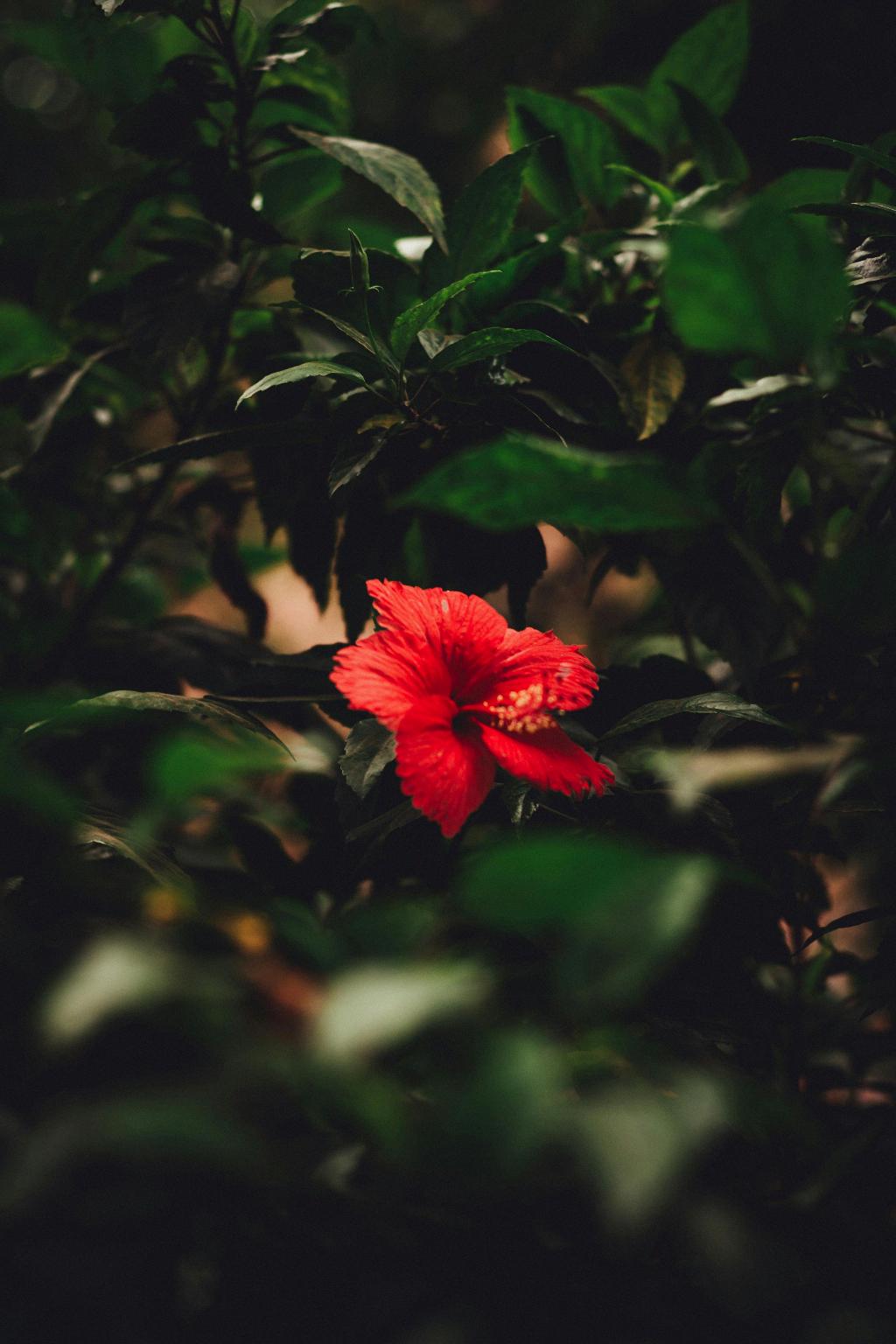Many people may wonder whether hibiscus plants are poisonous, especially when they see their beautiful flowers in gardens and landscapes. It’s essential to understand that there are different types of hibiscus plants, each with unique characteristics that may affect their toxicity levels.
When it comes to ornamental hibiscus plants commonly found in gardens, the flowers are generally not considered toxic to humans. However, it’s important to note that these flowers are not typically grown for culinary purposes, so consuming them is not recommended.
One crucial consideration to keep in mind is that some ornamental hibiscus varieties may have been treated with pesticides that are not intended for use on edible food crops. These pesticides could be harmful if ingested, so caution should be exercised when handling and consuming hibiscus flowers from these plants.
While the flowers of ornamental hibiscus plants may not pose a significant poisoning risk, other parts of the plant, such as the leaves and stems, may contain substances that could be toxic if ingested in large quantities. It’s always best to err on the side of caution and avoid consuming any part of the hibiscus plant that is not intended for consumption.
Some hibiscus species, such as Roselle (Hibiscus sabdariffa), are cultivated specifically for their culinary and medicinal uses. The calyces of the Roselle plant are known to be rich in antioxidants and are used to make herbal teas and jams. When consumed in moderation and prepared safely, these parts of the plant are not considered toxic.
However, even with edible hibiscus varieties, it’s crucial to ensure that the plant has not been treated with any harmful chemicals or pesticides that could pose a risk to human health. Organic cultivation practices are recommended when growing hibiscus plants for culinary purposes.
It’s worth mentioning that some people may be allergic to hibiscus plants, experiencing skin irritation or allergic reactions upon contact with the plant’s sap or blooms. Individuals with known allergies to plants in the Malvaceae family, to which hibiscus belongs, should exercise caution when handling hibiscus plants.
In summary, while ornamental hibiscus flowers are generally not classified as toxic to humans, caution should be exercised when consuming any part of the plant not intended for culinary use. Additionally, individuals with plant allergies should take appropriate precautions when handling hibiscus plants to avoid any adverse reactions.
Ultimately, proper research and understanding of the specific hibiscus species being cultivated, as well as any potential pesticide exposure, are essential factors to consider when determining the safety of hibiscus plants for consumption or handling.

